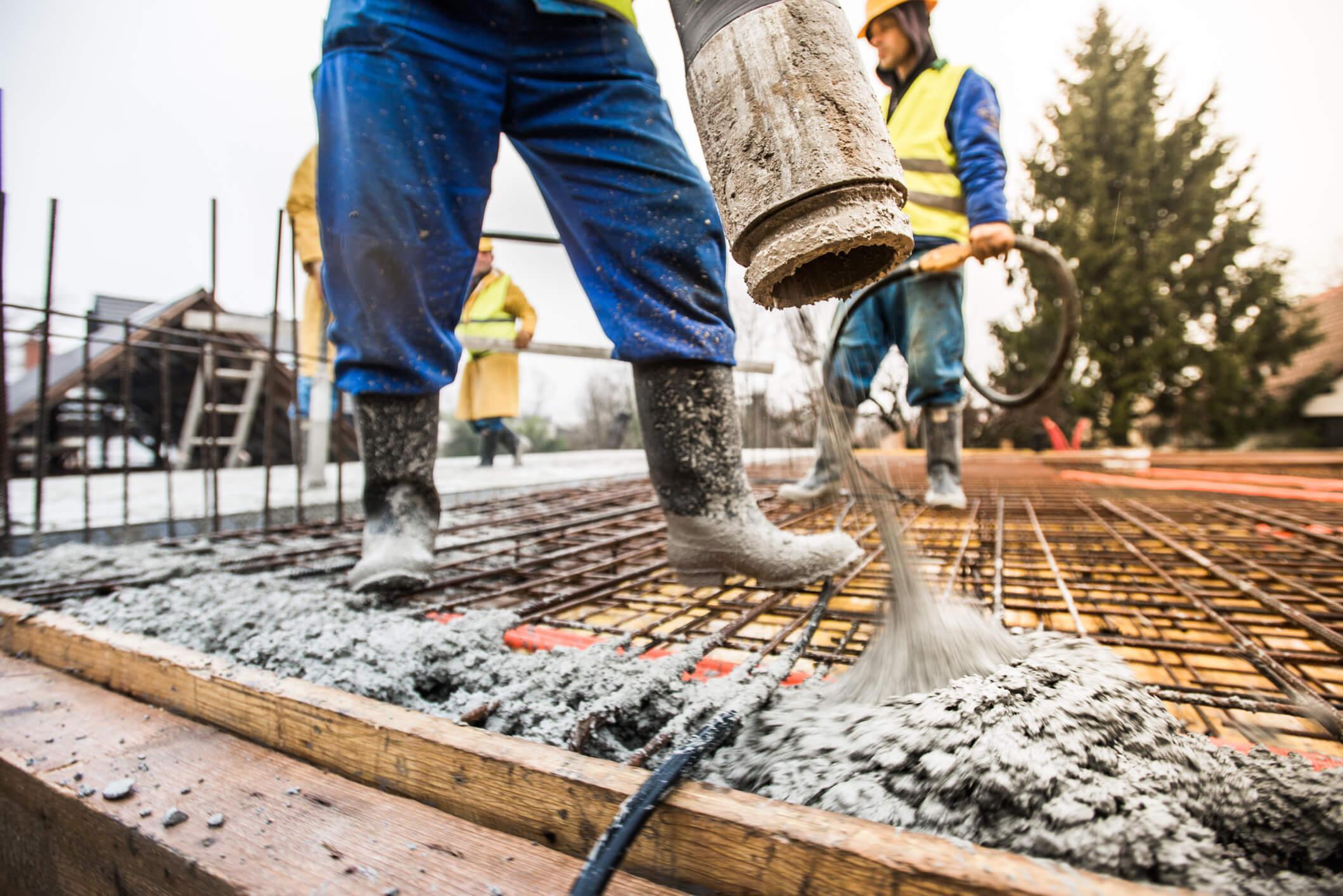Why Pick Our Concrete Providers: Quality in Every Pour
Why Pick Our Concrete Providers: Quality in Every Pour
Blog Article
Unveiling the Eco-Friendly Advantages of Utilizing Recycled Concrete in Lasting Building And Construction Practices
In the world of lasting building and construction methods, the use of recycled concrete stands as an essential yet commonly underestimated resource. Beyond its conventional applications, recycled concrete deals a myriad of green benefits that expand far beyond the confines of traditional construction products. From minimizing environmental effect to improving cost-efficiency, the ramifications of including recycled concrete in lasting building techniques are considerable. This flexible material not only addresses pushing environmental issues but additionally provides a practical solution to the difficulties faced by the building and construction market at large.
Ecological Advantages
By integrating recycled concrete into building and construction practices, there is a significant decrease in the requirement for new raw materials, leading to conservation of all-natural resources. Furthermore, the use of recycled concrete reduces the amount of waste being sent out to landfills, consequently decreasing ecological pollution and alleviating the stress on landfill abilities (Concrete).

In contrast, recycled concrete has a reduced carbon impact as it reduces the need for new concrete manufacturing. Generally, the environmental advantages of using recycled concrete are significant and play a vital function in advertising environment-friendly construction approaches.
Cost-Efficiency
When evaluating the application of recycled concrete in construction tasks,Accomplishing cost-efficiency is a critical consideration. Among the key advantages of making use of recycled concrete is its cost-effectiveness contrasted to conventional concrete. The manufacturing of recycled concrete involves less power and sources as it utilizes existing materials, minimizing the overall job expenses considerably. Additionally, the accessibility of recycled concrete in your area can further reduce transport expenditures, making it a more economical option for building and construction projects.
Moreover, making use of recycled concrete can cause financial savings in land fill costs by diverting concrete waste from disposal sites. This not just lowers the environmental effect however likewise gets rid of the expenses related to waste removal. Additionally, the durability and performance of recycled concrete approach conventional concrete, ensuring that cost savings do not compromise the quality of the construction.
Longevity and Toughness
Recycled concrete deals comparable, if not premium, resilience and toughness buildings to standard concrete - navigate to this site Concrete. With advancements in handling techniques and high quality control, recycled concrete can fulfill or surpass the view efficiency criteria of conventional concrete.

Waste Reduction
When it comes to using recycled concrete, waste reduction is a vital advantage that adds dramatically to environmental preservation. By including recycled concrete into construction jobs, this waste is repurposed and drawn away from garbage dumps, minimizing the overall environmental influence of building and construction tasks.
Furthermore, the usage of recycled concrete can lead to set you back savings for building and construction tasks, top article as it is commonly more affordable than sourcing and delivering new products - Concrete. In verdict, waste reduction via the use of recycled concrete is a vital component of lasting building and construction practices that benefits both the building and the atmosphere sector as a whole.
Power Conservation
Energy conservation is an essential aspect of sustainable building techniques, intending to reduce the overall energy intake connected with structure procedures and materials production. When it pertains to utilizing recycled concrete in building, significant energy financial savings are accomplished compared to typical concrete production. The process of creating recycled concrete includes crushing and reusing existing concrete products, which eats much less power than mining, processing, and delivering raw products for brand-new concrete production. Furthermore, using recycled concrete can help decrease the need for virgin accumulation, additional minimizing the energy-intensive extraction and processing of natural resources.
Verdict
Finally, the application of recycled concrete in sustainable building practices offers countless ecological benefits, cost-efficiency, resilience, strength, waste reduction, and power conservation. By incorporating recycled concrete right into building projects, we can add to an extra sustainable and environmentally pleasant future. It is vital for the construction market to prioritize making use of recycled materials to help in reducing the environmental effect of building and construction tasks.
One of the essential advantages of utilizing recycled concrete is its cost-effectiveness contrasted to standard concrete.Additionally, the use of recycled concrete can lead to cost savings in landfill expenses by drawing away concrete waste from disposal sites. The toughness and performance of recycled concrete are similar to standard concrete, guaranteeing that expense financial savings do not compromise the high quality of the building and construction.

Report this page